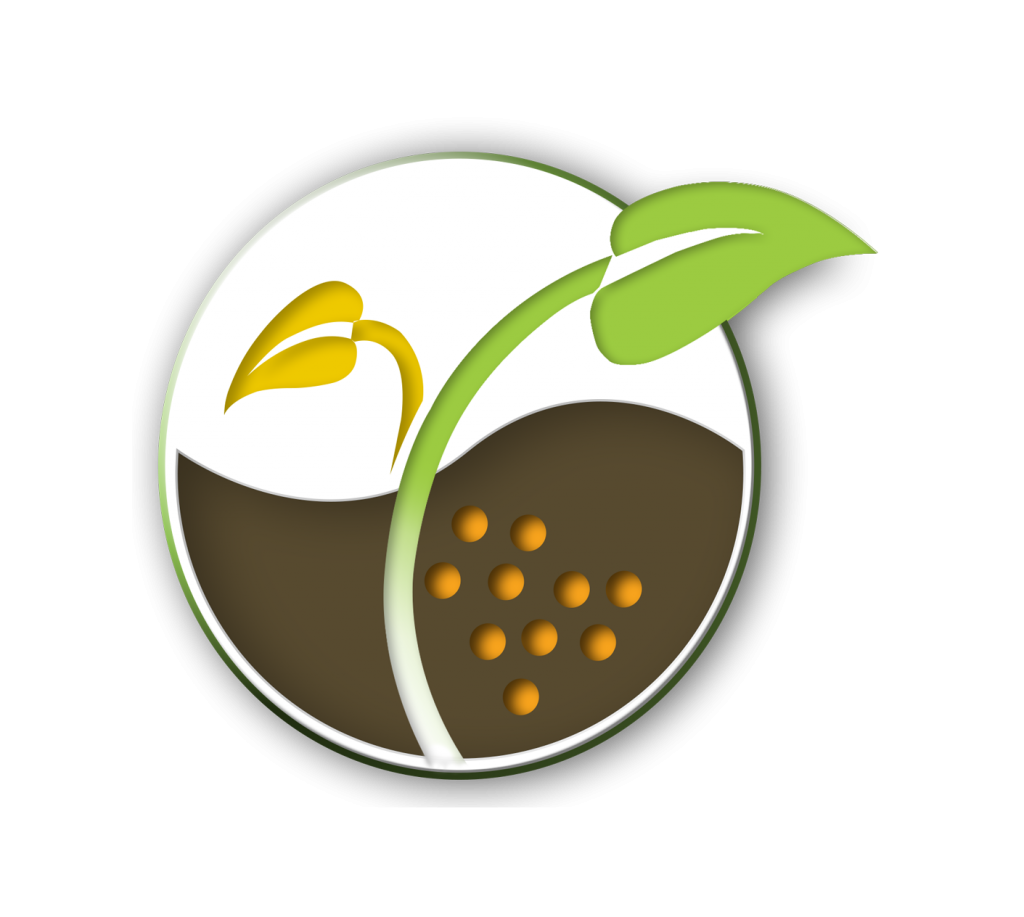Virginia Estévez‑Gefriaud & Rubén Vicente & Omar Vergara‑Díaz & Juan Jesús Narváez Reinaldo & María Isabel Trillas. 2019. Planta, An International Journal of Plant Biology 252:8 Drought is currently one of the biggest threats to maize production. Trichoderma spp. is mainly used in agriculture as plant protection product with secondary benefcial efects on plants: improved […]
-
octubre 28, 2019
-
B. Bidellaoui1 & G. Segarra1 & A. Hakkou2 & M. Isabel Trillas. 2018. J Soils Sediments 18:727–738. Drought is currently one of the biggest threats to maize production. Trichoderma spp. is mainly used in agriculture as plant protection product with secondary benefcial efects on plants: improved growth, nutrient uptake and plant immunity. Here, we studied […]
-
septiembre 1, 2017
E. Fernández, M.I. Trillas and G. Segarra. 2012. Plant Pathology, DOI 10.1111/ppa.12668. Root exudates secreted from plants can modify rhizosphere microbiota by enhancing or inhibiting the growth of biological control agents (BCAs) and/or pathogens. Similarly, microorganisms can modify the secretion of plant root exudates. The aim of this study was to analyse the effect of a […]
-
diciembre 3, 2015
N. López-López, G. Segarra, O. Vergara, A. Lopez-Fabal and M.I. Trillas 2016. Biological Control, 95:31-39. Fusarium circinatum is a quarantine pathogen in numerous countries that causes important economic losses in forest nurseries and mature pine trees. Alternatives to chemical control of plant diseases such as suppressive composts and the use of biological control agents in growth media can […]
-
agosto 10, 2014
H. Fernández, M.I. Trillas and G. Segarra. 2014. Biological control, 78: 77-85. Certain types of compost used as growth media can induce resistance to foliar pathogens in above-ground parts of a plant. The induction of resistance can sometimes be associated with growth impairment and yield reduction. The objective of this study was to establish whether plants grown […]
-
abril 1, 2013
G. Segarra, M. Avilés, E. Casanova, C. Borrero and M.I. Trillas. 2012. Phytopathologia Mediterranea, 52:77-83. Pepper (Capsicum annuum L.), one of the most widely grown vegetables worldwide, is susceptible to root rot caused by Phytophthora capsici. Many biocides have recently been banned in Europe because of human health and environmental concerns. Integrated pest management is a European priority, […]
-
junio 20, 2012
A. Santiagoro, A.M. García-Lopez, J.M. Quintero, M. Avilés and A. Delgado and 2012. Biology and Biochemistry, 57: 598-605. </b style=»font-size: small; color: #000000;»> The fungus Trichoderma asperellum T34 is a biological control agent which has been shown to enhance Fe uptake by plants. The objective of this research was to study the contribution of T34 to Fe […]
-
enero 12, 2012
C. Borrero, M.I. Trillas, A. Delgado and M. Avilés. 2012. Plant Pathology 61:132-139. The behaviour of Fusarium oxysporum f.sp. lycopersici (Fol) and the effectiveness of the microbial control agent Trichoderma asperellum strain T34 were examined in hydroponically grown tomato plants under five ammonium/nitrate ratios. The results showed that disease severity was reduced by the action […]
-
diciembre 3, 2010
A. Delgado, J.M. Quintero, M. Avilés and A. Santiago. 2011. Plant and Soil 342:97-104. Rhizosphere microbes may enhance nutrient uptake by plants. Here we studied the effect of Trichoderma asperellum inoculation on the uptake of Fe, Cu, Mn, and Zn by wheat (Triticum aestivum L) grown in a calcareous medium. To this end, an experiment involving […]
-
enero 28, 2010
D. Sant, E. Casanova, G. Segarra, M. Avilés, M. Reis and M.I. Trillas, 2010. Biological Control 53:291-296. Suppressive composts are viable alternative growth media for the biological control of plant diseases. To adapt the physical properties of these composts to growth conditions, formulation is sometimes required and consequently their suppressive capacity is reduced. Green house experiments […]
- 1
- 2

